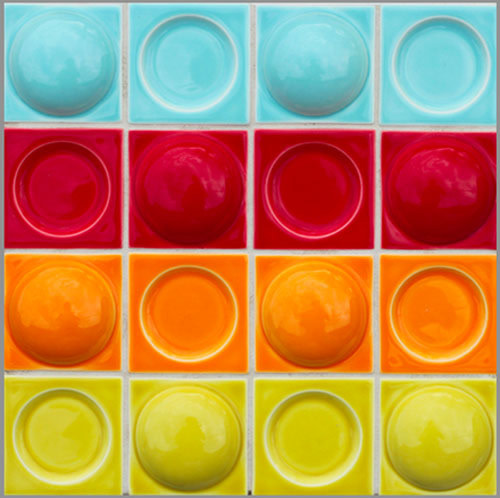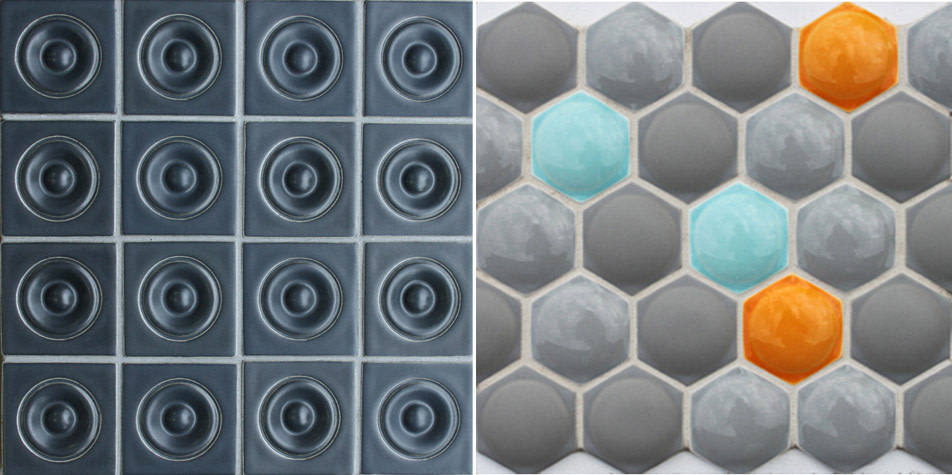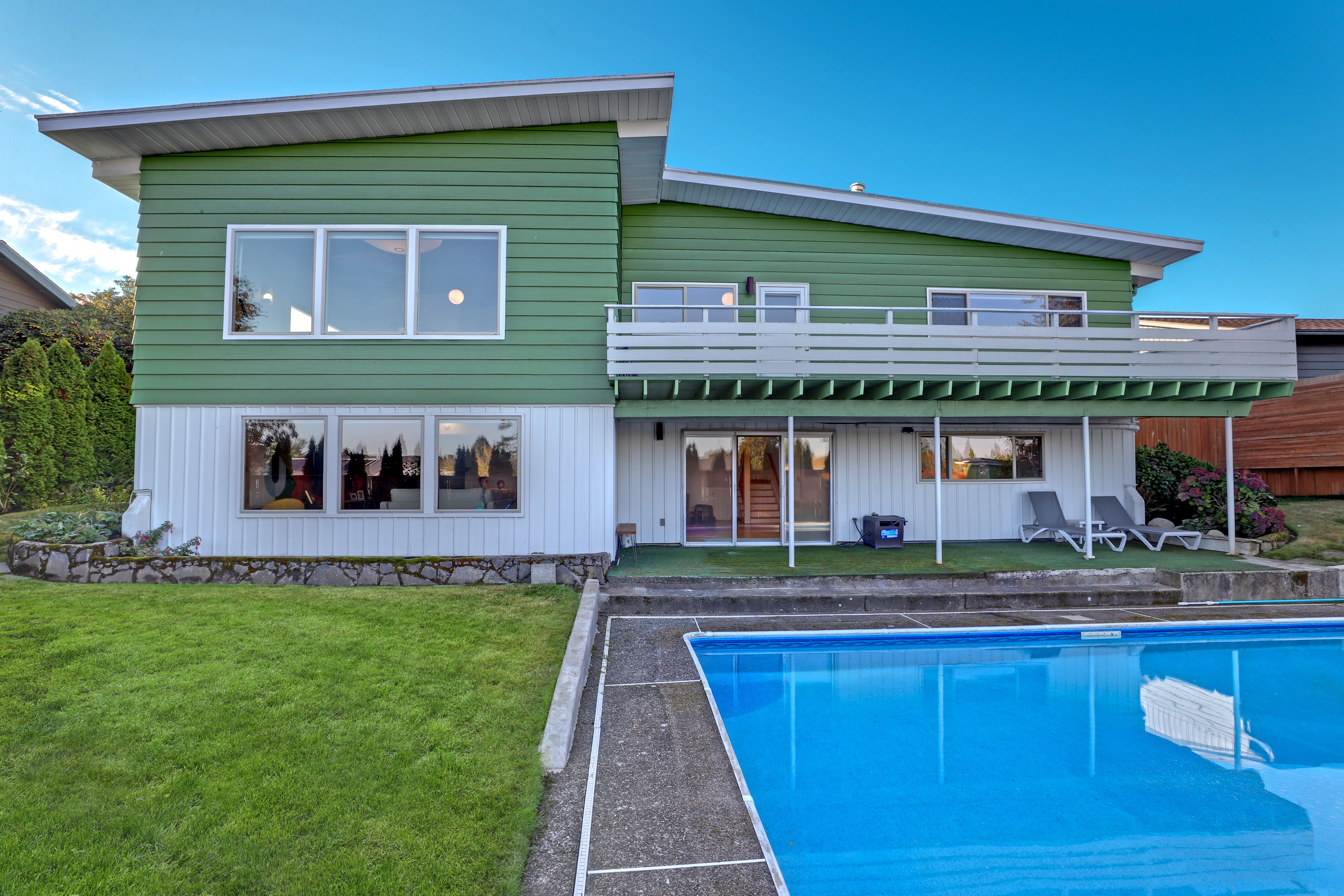Tile Times

Futura, the new tile line from local makers Clayhaus, looks to the 1960s for its poppy, geometric, dimensional style.
Image: Courtesy Clayhaus Ceramics
In 21st century, low-carbon-footprint Portland, city planners don’t exactly encourage the mass construction of single-family-homes-with-garages. That’s already the dominant housing type in many of our neighborhoods. But peek inside some of those existing garages, and there's something interesting going on: instead of keeping cars out of the rain, they’re spawning new businesses.
The house-with-garage is morphing into a housing type the city is trying to encourage: the live/work space. People, not policies, are taking an old use – a special house for your car – and putting it into new use – workspace for your hands-on, possibly messy design and production business.
In Portland, the products coming out of these garages are often different from the coded cyber creations of the mythical Silicon Valley garage. Portland’s new small businesses are making things you can look at and see and feel, and hold in your hand.

Family company Clayhaus creates geometric and textural variety with its Futura line. At left, 3 x 3 Portal. At right, 3 x3 Hex Bubble. Bold colors contrast with shades of gray.
Image: Courtesy Clayhaus Ceramics
It’s a ground-up method of retrofitting old neighborhoods by creative, artistic, and practical necessity, not policy.
That’s how Clayhaus Ceramics started: a young, married couple making tiles out of the garage of their southeast Portland home. With time, the tiles sold, they needed to produce more, and they moved into an actual warehouse in Oak Grove, just south of the city border. A longer commute for Megan and Jason Coleman, but still local.
The business is homegrown in other ways, too. Jason is from Canby, and his parents are ceramic artists Tom and Elaine Coleman. Dad taught ceramics to Michael Pratt at what is now the Pacific Northwest College of the Arts. Pratt went on to co-found Pratt & Larson tiles, and Jason grew up to apprentice there. He and Megan met and, a few years ago, decided to blend their artistic and business talents in their own company.
Clayhaus has a new line of tiles, Futura, which looks back 50 years for inspiration, channeling what the future looked like in the 1960s. The bright colors and simple geometric dimensionality of the Futura line is inspired by mod, poppy European tile, fabric and furniture designs – what the Colemans call “The Look” of the early 1960s. (They mention Lesley Jackson’s book The Sixties: Decade of Design Revolution as a favorite source.)
Most of the Futura line is sold as 3x3 loose tiles, good for accents or “feature strips on a back splash or shower wall," suggests Megan Coleman. In keeping with the Portland 21st century ethos, production is not only hands-on and handmade, but eco-friendly and sustainable. Nothing goes to waste, and they donate discard tiles to local school programs.
Futura adds to Clayhaus's already lovely lines: basic flat tiles (many 2 x 8 inch rectangles), sheeted mosaic, and the organic, sensuous Topo Collection, created in collaboration with artist Stephanie Dyer. Purchases can be made through their Clayhaus website or selected local retailers.




